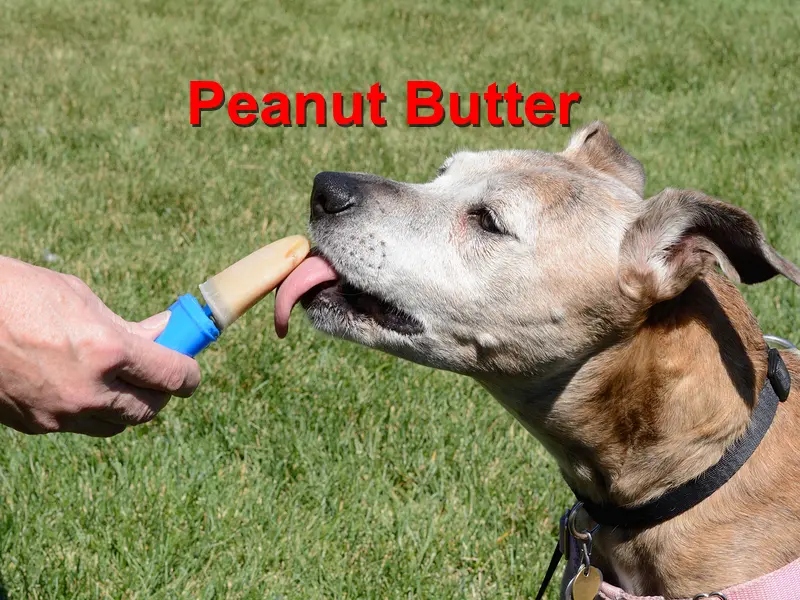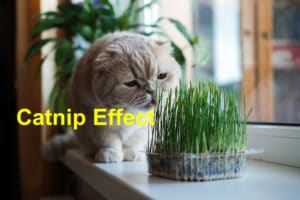Did you know that the peanut butter you love so much could kill your pet? Peanut butter is a common product in many households. However, people are now concerned about its unhealthy nature because of the high presence of fat and a lot of calories. Some peanut manufacturers are now replacing the sugar with a substitute called Xylitol. While xylitol is healthy for human consumption, it can be poisonous to dogs. Xylitol is a sugar-free substance which is used as a substitute for sugar in products. Many people are now considering Xylitol because of its low-calorie count.
If you have a dog, be keen when buying your peanut butter and ensure you read the ingredients to check for Xylitol. Not all peanut butter is bad for your furry friend, regular peanut that does not have xylitol is okay for your dogs.
Effects of Xylitol Ingestion in Dogs
In case you notice that your pet may have consumed peanut butter with xylitol, first read the dosage. An amount of > 0.1 g/kg is regarded as toxic while> 0.5 g/kg causes acute hepatic necrosis. Xylitol in dogs stimulates the release of insulin from the pancreas due to low sugar count. The sudden blood sugar drops-down also known as “hypoglycemia”, threatens your dog’s life. What’s more, higher dosages of > 0.5 g/kg can cause liver failure which may be fatal.
Some of the Signs of xylitol ingestion include;
1. Seizures
2.Panting
3. Weakness not able to walk well
4. Vomiting
5. Increased heart rate
In severe cases, the dog can go into a coma or even die.
What to do if your dog has ingested Xylitol
We recommend that you contact a veterinarian immediately you suspect that your dog has ingested xylitol. If the ingestion has been in a few hours, vomiting may be induced to remove the xylitol. Your dog can be put on intravenous fluid therapy which will be a source of glucose to correct hypoglycemia. The vet may recommend hospitalization of your pet for about one day. However, this varies based on the severity and the patient response to medication.
Liver failure is severe and requires specialized attention. The dog can be put on liver protectants which is followed by regular checkups to ensure that the dog recovers.
Conclusion
It is vital to note that not every peanut butter is bad. It is the presence of xylitol that harms your pet. If you love to treat your dog with peanut butter, ensure that the one you use doesn’t have xylitol.
References: Pet Health Network, National Peanut Board, Preventive Vet, Vets Now




